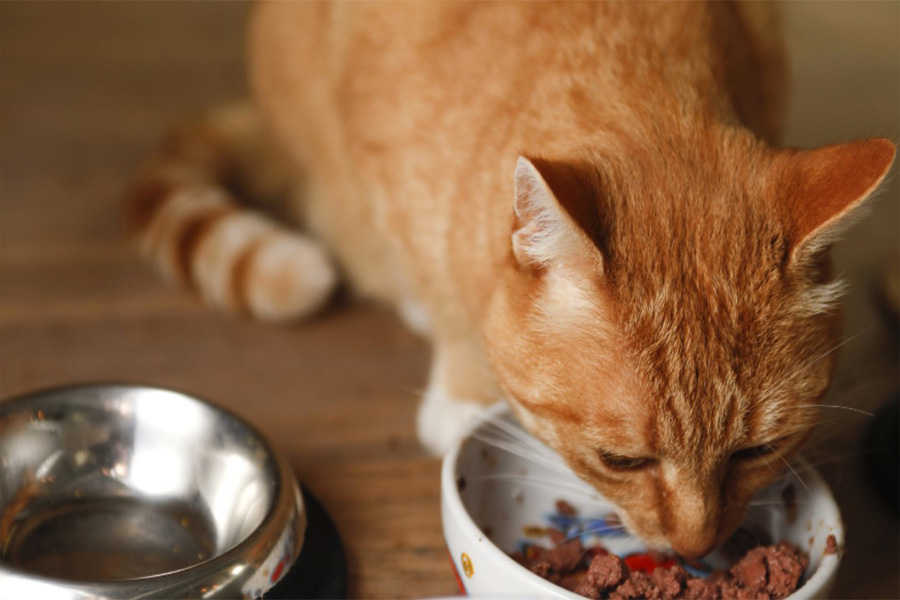
We all know that cats are picky eaters, but it’s not a good idea to leave them to their own devices when it comes to food. A cat can easily develop an unhealthy diet by eating too much or too little of certain foods. They are also very susceptible to dietary imbalances and nutritional deficiencies, which can lead to further health problems down the road.
Cats have a habit of not eating when there’s something wrong, which leads to weight loss. In most cases, though, physical (and sometimes mental) illness is the cause of this behavior. While cats are more difficult to diagnose than humans, losing your pet’s appetite should set off alarm bells in your head, especially if it drastically changes their daily routine.
Do you have a cat that is refusing to eat? If so, you are not alone. Many cats will go through periods where they don’t feel like eating. However, if your cat stopped eating altogether, it is important to take action. In this blog post, we will explore some of the reasons why your cat might be avoiding food and what you can do to help get them back on track. So, read on for more information!

Reasons Why a Kitten Won’t Eat
There are a few reasons why a kitten might not be eating. First, they may not be feeling well. If they’re vomiting or have diarrhea, they probably won’t have much of an appetite. Second, they may not be getting enough of the right kinds of food. Kittens require a diet that’s high in protein and fat, so if they’re not getting enough of those nutrients, they may not be interested in eating. Third, they may simply not be used to eating solids yet – many kittens are still suckling on their mother’s milk until they’re around eight weeks old. So if you’ve just adopted a kitten that’s less than two months old, don’t be surprised if it takes them a little while to start eating a lot.
Remember, when it comes to your cat’s eating habits, good and bad are subjective. If your cat is still active and not showing any of the signs above and is still eating, then he is probably fine. However, if you notice behavioral changes along with changes in eating habits, or if none of your cat’s eating behaviors seem to be normal for him, you should contact a veterinarian immediately.
Why Is My Adult Cat Not Eating?
There can be a number of reasons why your adult cat is not eating. It could be that they’re not feeling well, or there could be something wrong with their food. If you’re unsure what the problem is, it’s best to take them to the vet to get checked out.
If your cat is healthy and there doesn’t seem to be anything wrong with their food, then they may just be picky eaters. Some cats prefer certain types of food or flavors, so it’s worth trying a few different kinds of wet or dry food until you find one that they like. You can also try adding some wet food to their dry food, or vice versa, to see if that entices them to eat.
What to Do If Your Cat’s Not Eating?
If your cat is not eating, there are a few things you can do to try and get them back on track.
First, check with your veterinarian to rule out any medical conditions that could be causing the lack of appetite. If there are no health concerns, then there are a few things you can do at home to try and encourage eating.
One option is to offer small meals more frequently throughout the day instead of large meals less often. You might also want to try different types of food or change up the environment where they eat (e.g., different place, different bowl). Adding some diced wet food or tuna juice to dry food can also make it more appealing.

